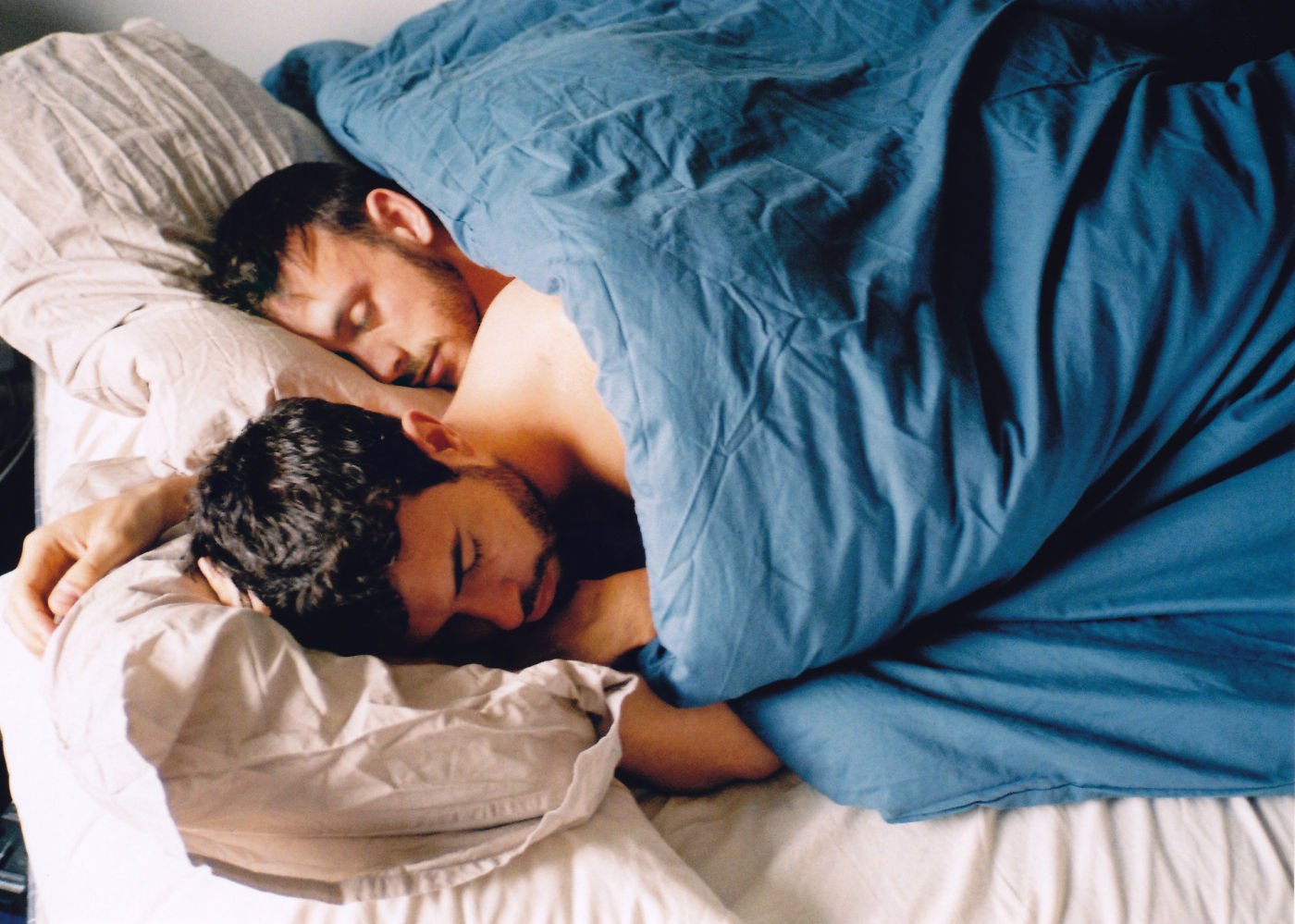Why do so many gay men struggle with intimacy?

Why is intimacy such a big issue for gay men? Freelance journalist Jack Flanagan speaks to a variety of gay health specialists and psychologists to get some answers on the issue…
The first thing my mum said when I came out was: “It’s going to be very tough”. Did she know how right she was?
There are a number of reasons why being gay isn’t easy. Some of them are obvious, like the threat of street violence, while others are less visible, like internalised homophobia: hating yourself for being gay.
The issues that lie beneath the skin can do the most harm, and a lot of them develop in gay men while we’re still young. For gay men, the way we develop relationships can be skewed because of a need to hide ourselves.
“For example, a 12-year-old boy realises that he’s gay; he doesn’t mind being gay. However, if he didn’t have a good relationship with his parents as a child, because he wasn’t the dominant man in the family he was supposed to be and wanted to be expressive, he represses those emotions,” says London psychotherapist Nikaloas Souvlakis.
We don’t merely hide our sexuality: we also end up hiding anything deemed unmanly. For instance: being talkative, appreciative of beautiful – “pretty” – things, or having a lot female friends.
Souvlakis describes his hypothetical boy as not caring so much that he’s gay, because internalised homophobia itself isn’t relevant to the way we develop our relationships when we’re young – for the most part, we’re too young to really know what ‘gay’ or ‘straight’ is. The topic is bigger than about being gay: it’s about a person’s ability to be intimate with someone else.
Joshua Matacotta, a gay staff psychologist at California State University, says there are a number of things that suppress gay men when they’re young. “Traumatic experiences often encountered by young gay people could be oppression, physical or emotional bullying, invalidation of romantic experiences, rejection, and potentially traumatic endings to relationships after coming out,” he says, saying these can add up to a “hostile” environment for gay men as they’re in the most important time in their development.
As David Stuart, manager of the Dean Street Wellbeing programme at Soho sexual health clinic 56 Dean Street, says: “Many gay men grow up feeling ashamed of our effeminate sides [and] we become hyper-vigilant, in order to hide our true selves from our families and friends.
“This is a time when we’re learning, as young people, what intimacy and safety is. Then, overnight, we’re sexually active adults in Grindr-Land, trying to incorporate intimacy into our sex and romantic lives… but with no frame of reference for how to do this.”

The short film I Want Your Love looked at the growing intimacy between a couple of gay friends.
The result of all this repression is what counsellor Tim Foskett calls “denseness”: the build-up of an emotional wall, which not only keeps other people from seeing who they really are, but the person in question from knowing who they are.
Foskett adds: “It’s important to build this denseness up: we need it. If we weren’t dense, we would’ve found school, [and] life at home, very, very difficult.
“What follows is the process of taking down that wall: we become increasingly ‘porous’.”
Becoming ‘porous’ takes years. Just as it took years to build up the wall – to be able to be fully intimate with other people requires a slow dismantling. Perhaps not all at once, as many men will know: the environment after coming out, and striking out on one’s own, is not always friendly. Over the course of years, however, this is a journey many gay men will have to go through.
Joshua Matacotta says there is hope for those struggling with intimacy issues: “I like to talk about tools, because then it is hopeful. I believe that, while developing emotional intimacy is a complex, lengthy process, you can learn the tools to be successful with intimacy. And that way, we are on our way to more healthy, gay male relationships.”
It’s a journey we all have to undertake but, as Matacotta puts it, a hopeful one.
By Jack Flanagan
